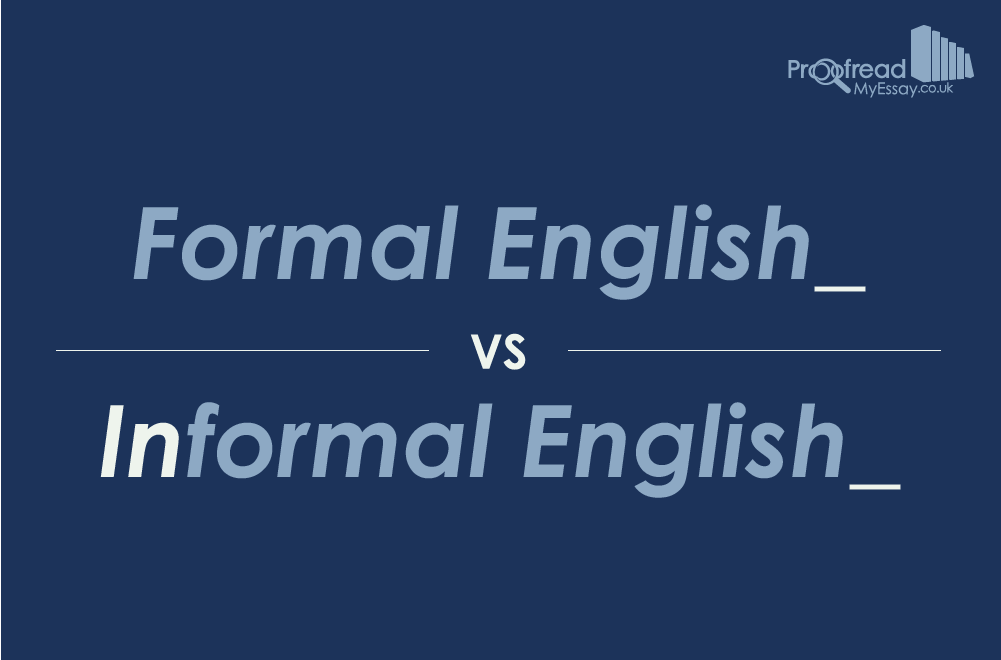The ‘rules’ of formal English serve a purpose. But is it always wrong to break the rules? The key factor is understanding the differences between formal and informal English, as well as knowing when each is appropriate.
Formal English
Formal English is the kind of language used in academic and other professional settings. It’s more common in writing than speech, since it usually involves sticking to prescriptive rules of spelling and grammar. This may include:
- Using standardised spellings and grammar
- Avoiding contractions (e.g. ‘don’t’ or ‘hasn’t) and slang terms
- Using more academic or technical language
- Ensuring consistent use of terminology and punctuation
If you’re writing an essay at university or something designed for publication, the exact conventions to follow may differ depending on the style guide being used.
Formal English is also useful when communicating with people you don’t already know, particularly authority figures, because it helps to ensure clarity.
Informal and Non-Standard English
Informal English is the kind of language we use in day-to-day situations, such as chatting with family, texting a friend, or arguing with strangers on the internet.
Find this useful?
Subscribe to our newsletter and get writing tips from our editors straight to your inbox.
This can include slang or other informal terms. Non-standard English isn’t necessarily ‘informal’, however, as fiction and poetry often use language in creative ways (although they can use informal English, too, especially in dialogue).
Formal or Informal?
A lot of the time, knowing whether to use formal or informal English is a matter of judgement. In this blog, we use a slightly informal approach since we want to strike a friendly tone. However, since it’s a proofreading blog, we also try to make sure that our spelling and grammar follow formal rules.
Generally, it’s important to use formal English in academic and professional writing, since it aids clear communication. This is why most universities expect students to follow a style guide when writing an essay.
If you’re hanging out with friends, on the other hand, whether you use formal English is up to you. Just remember that insisting on everyone around you doing the same is a good way to alienate any non-pedants in your social group!
(Photo: Guian Bolisay/flickr)
